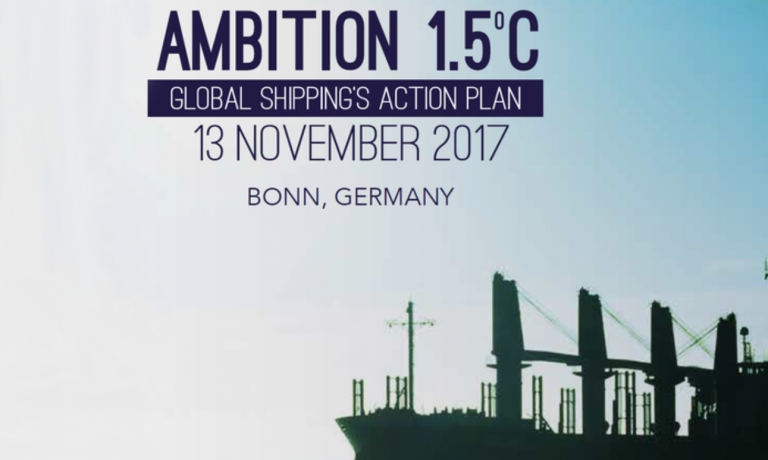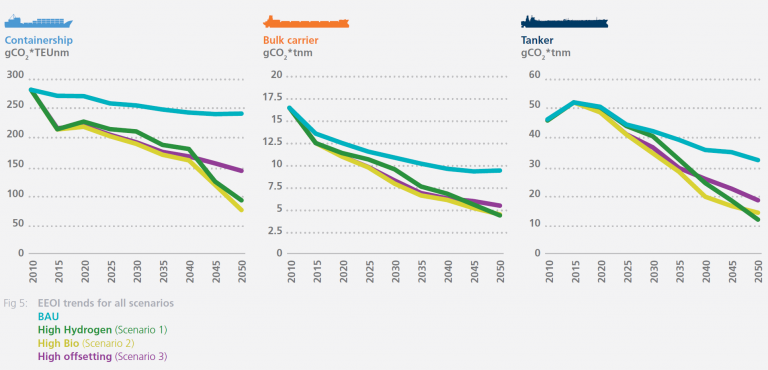UMAS involved in shipping decarbonisation summit
23 October 2017
UMAS is to be involved in the upcoming Ambition 1.5oC Global Shipping’s Action Plan.

Timetabled to take place during COP23, 13th November 2017, the Ambition 1.5oC Global Shipping’s Action Plan, will gather experts from across the shipping industry to create the Action Plan required for shipping to meet the high ambition level indicated in the Paris Agreement.
The Paris Agreement temperature goals limit the increase in global temperatures to no more than 2°C, aiming for 1.5°C above pre-industrial levels and thus provides some direction as to the course of action that the shipping sector needs to take. Work done by UMAS for the Danish Shipowners Association, in the Shipping in Changing Climates project and Low Carbon Pathways, shows that under both the 2°C and 1.5°C framing of climate change (emissions budgets), taking into account the latest IPCC and IMO studies, and shipping maintaining its current share of 2.3 per cent of global emissions, the shipping sector must halve its emissions by 2050 under the 2°C scenario and achieve carbon neutrality by 2050 under the 1.5°C scenario. Translating this at the ship level, the aggregate average operational CO2 intensity for all ship sizes of containerships, tankers and dry bulk (which account for over 60 per cent of the shipping sector’s emissions) requires a reduction of 80-90 per cent on 2012 levels by 2050 in the 2°C scenario and net zero emissions in the 1.5°C scenario by 2045.
Dr. Tristan Smith, Director of UMAS, said:
““… industry leadership and vision on GHG reduction is crucial if decarbonisation of shipping is going to happen swiftly and smoothly enough to contribute to the avoidance of dangerous climate change and the fulfilment of the SDGs. This event is a manifestation of practical and applied leadership, and will send a strong signal to the negotiators at IMO and UNFCCC that the sector has a ‘can do’ attitude and with the help of supportive and effective regulation, is ready to make a more substantial contribution to global decarbonisation efforts. I hope it will also remind those in the shipping industry who have not yet seen this inevitable change and the opportunities it brings that they are at risk of getting left behind…"
About UMAS
In combination, UCL Energy Institute, MATRANS and UCLC operate under the branding of the entity UMAS. UMAS is a sector focused commercial advisory service that draws upon the world leading shipping expertise of the UCL Energy Institute, combined with the advisory and management system expertise of MATRANS.
Work undertaken by UMAS is underpinned by state of the art data supported by rigorous models and research practices. This makes UMAS world leading on two key areas; using big data to understand trends and drivers of shipping energy demand or emissions and using models to explore what-ifs for future markets and policies.
For more information visit www.u-mas.co.uk

 Close
Close

